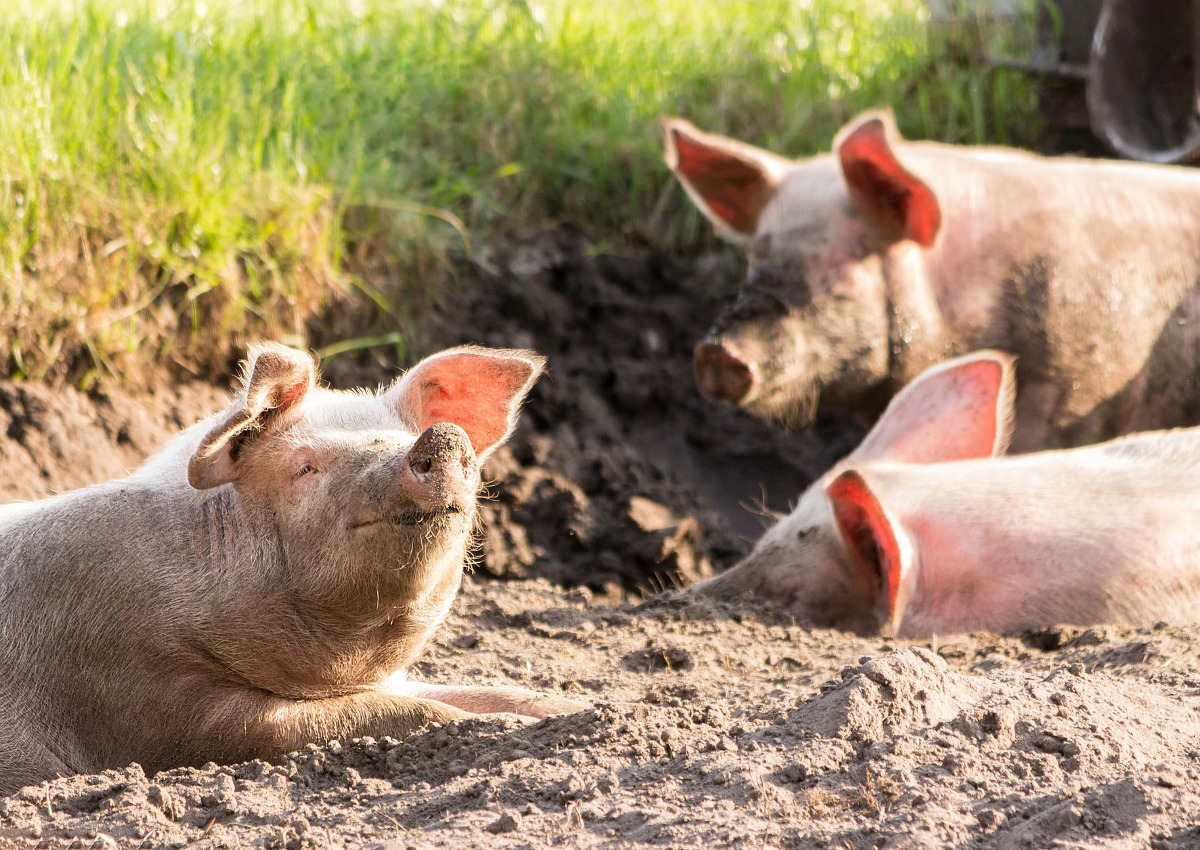
Since January 2022, the Italian cured meat industry has been hemorrhaging €20 million in monthly export losses due to the domestic outbreak of African swine fever. This crisis has prompted many countries to impose import bans as a precautionary measure against the virus. The disease, which affects only animals and has neither a cure nor a vaccine, necessitates the culling of thousands of otherwise healthy pigs to prevent further spread. “The sector faces a severe challenge that threatens the economic viability of companies and a significant number of jobs across the supply chain. Urgent, extraordinary resources are required to fund structural interventions and restore market stability, thereby reestablishing competitiveness,” warns Lorenzo Beretta, President of Assica (the Italian Association of Meat and Cured Meat Industries).
The escalation of African swine fever, with increasing outbreaks in both wild boars and domestic pigs, has driven raw material prices to unprecedented levels.
Additionally, the sector has seen a sustained decline in cured meat consumption over recent months, mitigated only by strong value sales. However, according to Assica, these are insufficient to cover the extra costs and investments companies are facing.
The Italian cured meat industry asserts that export markets remain vital and must be nurtured, particularly as swine fever triggers market closures in various countries. Reopening these markets will require negotiations under specific production conditions. A tax credit to support export-related investments would be a highly effective measure to bolster ongoing development efforts amid this challenging period.
